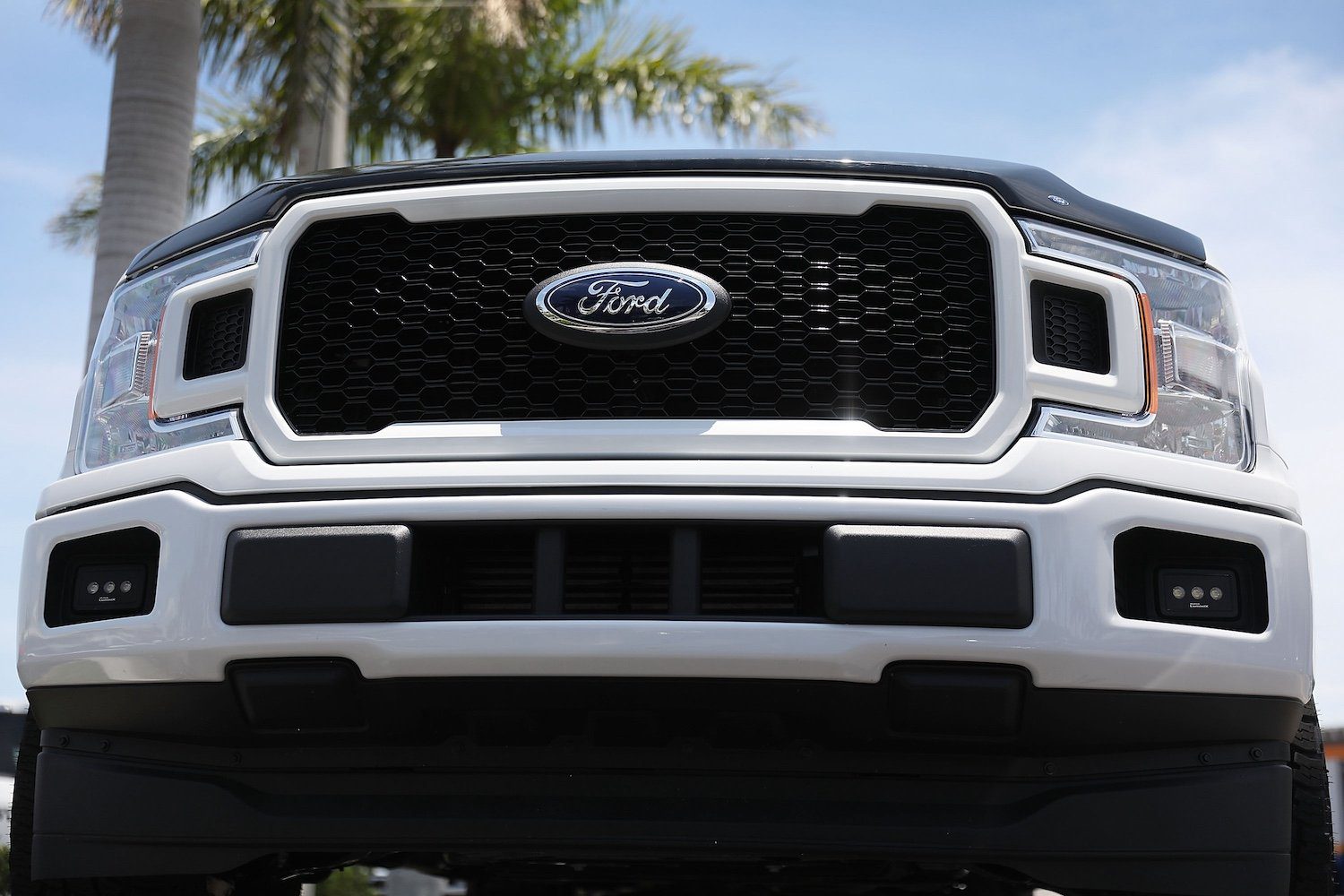A notable distinction between Donald Trump’s initial term and his current one is the extent to which corporate America seems prepared to comply with his unorthodox behavior. Nonetheless, one prominent American executive is beginning to show signs of stress under the strain of the Trump administration’s tariff policies: Ford CEO Jim Farley is raising concerns for the auto industry, alerting that the looming import tariffs could significantly impact automakers.
During his remarks at a Wolfe Research conference in New York on Tuesday, Farley stated that Trump’s policies have resulted in “substantial costs and considerable disruption.” Despite Trump’s assertions of having “saved” the automotive sector during his Inauguration speech, Farley cautioned that these actions could jeopardize it: “Let’s be honest, a long-term, 25% tariff on imports across the Mexico and Canadian borders would create an unprecedented impact on the US automotive industry,” he remarked.
Farley highlighted during the conference that tariffs inflict a dual impact on American automotive manufacturers. Firstly, they affect automakers that import components, which will inevitably
transfer costs to consumers. Secondly, companies based in countries such as Korea, Japan, and Europe wouldn’t face the same financial burdens, enabling them to offer more competitive pricing. Farley noted it would be “one of the greatest advantages for those competitors ever.”
This marks a shift for Farley, who appeared optimistic prior to Trump’s presidency. Ford even
contributed over $1 million and vehicles to Trump’s inauguration to foster goodwill, and Farley initially dismissed Trump’s tariff threats back in December as hypothetical. “After 120 years, we’ve got extensive experience with policy changes,”
he remarked at the time, asserting, “Ford is extremely well-positioned” to navigate any challenges.
Fast forward to February, and the situation appears more severe than Farley anticipated. He warned that his company could face
significant layoffs if Trump’s proposed tariffs are implemented, stating that the repercussions would be “devastating” for the automotive sector overall.
While other auto executives are attempting to remain calm, GM CEO Mary Barra
claimed at the same conference that her company could offset nearly half of the new costs resulting from tariffs and is “ready” for the impending developments. However, Farley’s composure seems to be faltering, and he likely won’t be the last executive to exhibit concern as Trump intensifies the pressure.










